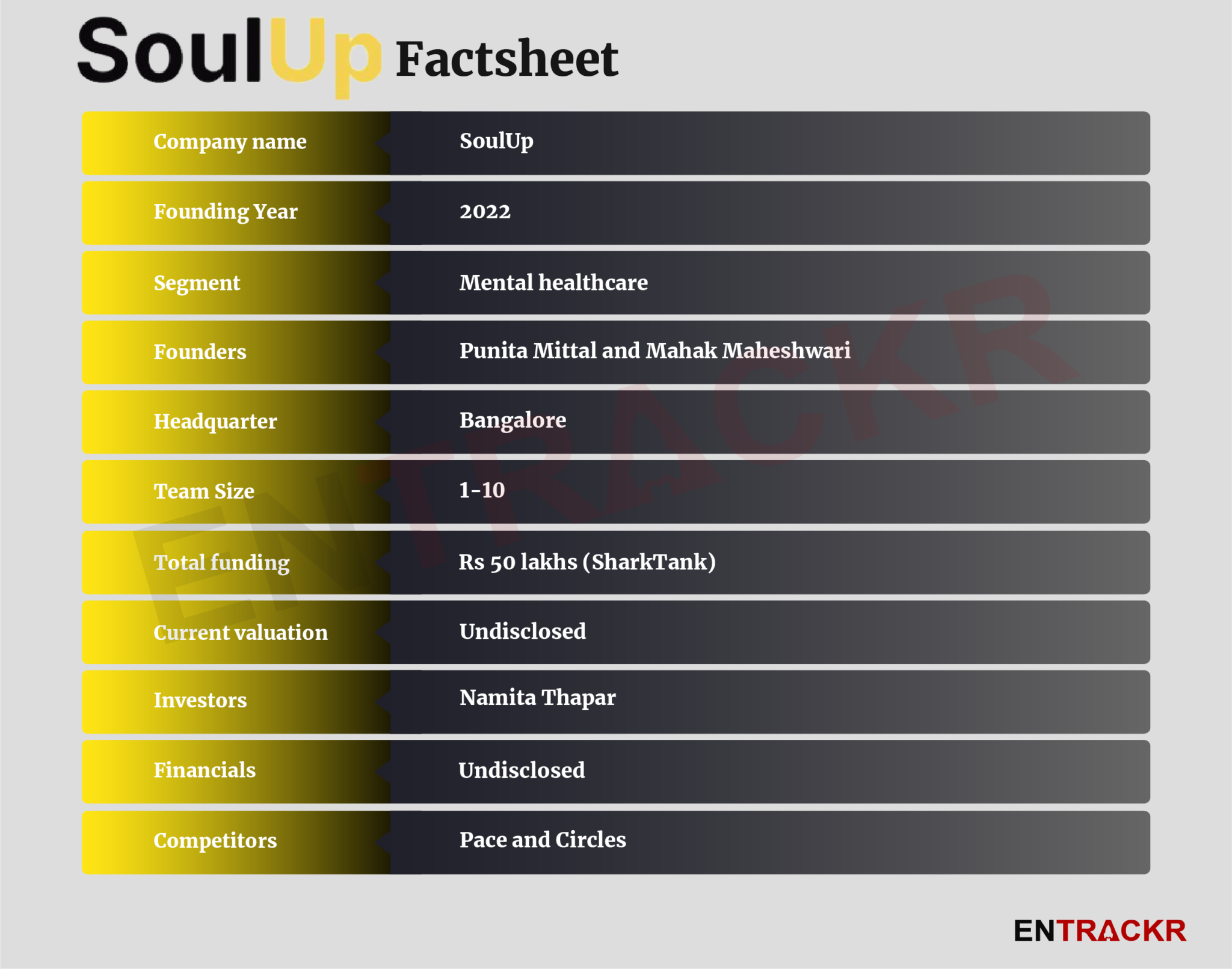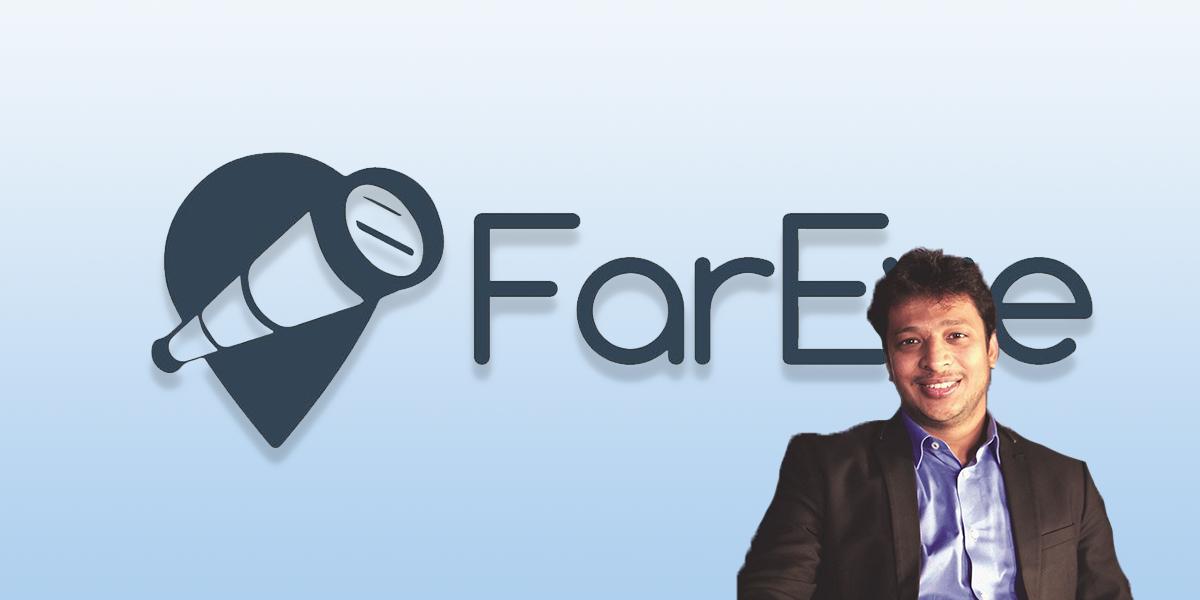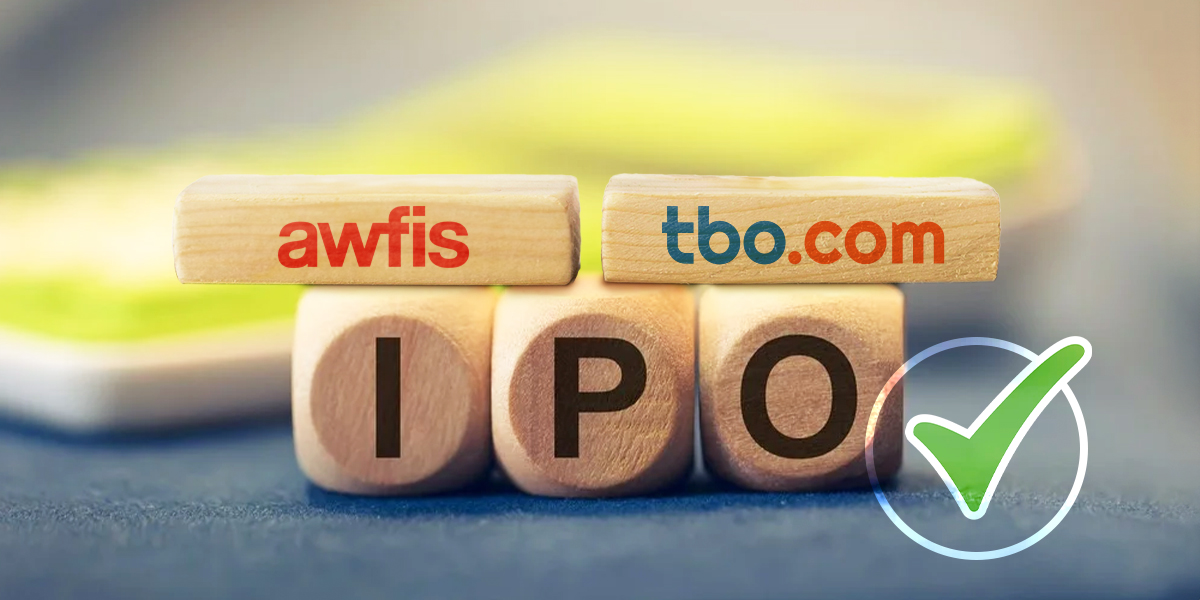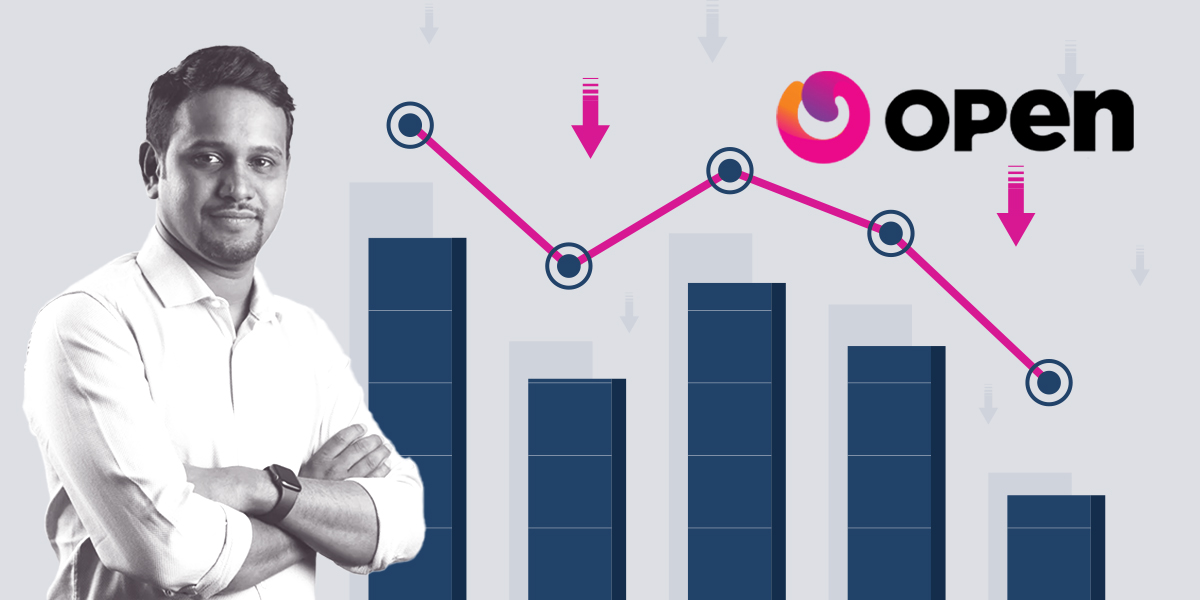The National Mental Health Survey 2015-16 conducted by India’s National Institute of mental Health and Neurosciences found that over 150 million people in India require mental health care services but as little as 30 million Indians seek out help.
Along with the ever-prevalent presence of stigma and shame surrounding talks of mental health in Indian society, there is additionally a staggering lack of mental health services in the sector. The preferred number of psychiatrists per 100,000 population is 3 but there are only about 0.75 psychiatrists available in India for every 100,000 people.
Despite such underwhelming numbers, India’s Ministry of Health in 2022 allocated less than 1% of its budget to deal with psychological illnesses. Such an environment in the market prevents people from seeking out and actually getting the help they need.
Duo Punita Mittal and Mahak Maheshwari started SoulUp in 2022 with the goal to connect people with others who are or have faced the same problem as them.
CEO and founder Mittal told Entrackr, “The mental health landscape is led by two things- content driven and therapist-led. But there was no availability of peer-based support that was being offered.”
SoulUp works sort of like LinkedIn for mental health, centering around peer conversations. Noticing that the resources available for mental health are scarce and the majority of people are hesitant to reach out for professional help, SoulUp allows its users to connect with peers.
A peer is anyone who has had firsthand experience of the same problem as another user. The platform connects two people who are facing similar problems and allows them to connect one on one for an hour of conversation. It currently offers peer conversations across a range of areas including relationships, health/medical issues, parenting, career, difficult life decisions, self-growth, and diagnosed mental illness.
Apart from its 1-on-1 connection with peers, it also offers group conversations. These are divided topic wise and typically last for an hour. Each session is led by an expert on the topic along with a group of about 6-8 people with a fixed number of sessions.
Peer conversations are not meant as a replacement for therapy, Maheshwari said, it is seen as a parallel approach to therapy.
SoulUp currently has more than 30 groups each targeting a different topic and about 1200 users enrolled for the 1-on-1 sessions though the company’s website. A majority of its users are form the age group of 25-40. Present globally, the platform sees 15% of its activity from international users while the remaining are Indians.
The matters discussed on the platform are highly personal and important. To maintain utmost confidentiality and professionalism, users have to sit through a peer training program where the importance of understanding the other person, sharing information, and drawing boundaries are taught.
The previously bootstrapped company featured on Shark Tank last month and received Rs 50 lakh in exchange for a 5% stake in the company.
The Bangalore-based mental wellness company does not face any direct competition owing to its 1-on-1 peer conversations which is comparatively new to the market. It, however, sees indirect competition from international companies like US-based Pace and Israel-based Circles.
With plans on onboarding 10,000 peers over the period of one year, SoulUp is also working on features like a buddy program. In addition to this the company is looking at kick starting added features in the medical domain where psychological comorbidity of any condition/procedure is addressed.
It is also focusing on designing an ideal user journey in order to encourage repeat booking and add a peer recommendation algorithm for earlier peer discovery. The SoulUp app is currently working on developing an app which is expected to be released on Android by the mid of 2023.















